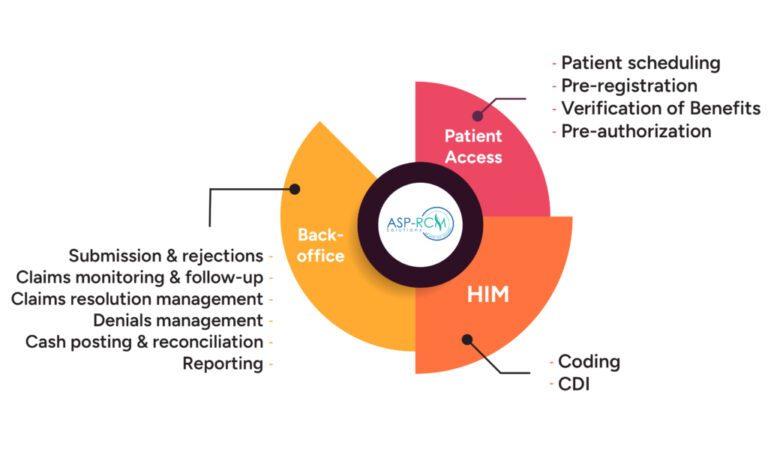When it comes to caring for our beloved seniors, the choices can be overwhelming. Two common options—assisted living and skilled nursing care—often create confusion. Each offers unique services and benefits tailored to different needs, making it essential to understand their distinctions. Let’s delve into the heart of these two approaches to senior care, helping you navigate this important decision with confidence and compassion.
What is Assisted Living?
Assisted living is designed for seniors who require assistance with daily activities but wish to maintain a level of independence. This type of community provides a home-like environment where residents can enjoy their privacy while receiving support tailored to their individual needs.
Imagine your loved one living in a cozy apartment, surrounded by friends, engaging in activities, and receiving help with tasks like bathing, dressing, and medication management. Assisted living promotes a sense of community and socialization, allowing seniors to thrive while still getting the assistance they need.
What is Skilled Nursing Care?
Skilled nursing care, often referred to as nursing homes or long-term care facilities, is intended for individuals who require more intensive medical care. This type of facility provides 24/7 medical supervision and support from licensed nurses and healthcare professionals. Skilled nursing care is ideal for seniors with chronic illnesses, serious health conditions, or those recovering from surgery.
Picture a facility where your loved one receives round-the-clock medical attention, tailored therapies, and comprehensive care plans designed to address complex health needs. Skilled nursing care focuses on medical treatment and rehabilitation, ensuring residents receive the highest level of care.
Key Differences Between Assisted Living and Skilled Nursing Care
-
Level of Care
- Assisted Living: Offers help with daily activities like bathing, dressing, meal preparation, and medication management. Residents maintain a degree of independence and can engage in social activities.
- Skilled Nursing Care: Provides comprehensive medical care, including rehabilitation services, wound care, and assistance with more complex medical needs. Residents receive round-the-clock monitoring and support.
-
Living Environment
- Assisted Living: Residents typically live in private or semi-private apartments, allowing them to personalize their space. The environment is often more home-like, promoting autonomy and social engagement.
- Skilled Nursing Care: Residents usually have shared rooms or private rooms within a clinical setting. The focus is on medical needs rather than personal living space.
-
Staffing and Services
- Assisted Living: Staff includes caregivers and support personnel who assist with daily tasks. While some medical services may be available, the primary focus is on personal care and social activities.
- Skilled Nursing Care: Staff consists of licensed nurses, nurse practitioners, and medical aides who provide continuous medical care and oversight. The facility is equipped to handle complex health issues.
-
Duration of Stay
- Assisted Living: Many residents stay long-term, enjoying a supportive community while maintaining their independence.
- Skilled Nursing Care: Typically serves individuals for shorter durations, often for rehabilitation or recovery from surgery, although some may require long-term care due to chronic conditions.
-
Cost
- Assisted Living: Generally more affordable than skilled nursing care. Costs vary based on location, amenities, and level of care required.
- Skilled Nursing Care: Tends to be more expensive due to the higher level of medical care provided. Insurance may cover some costs, but out-of-pocket expenses can be significant.
When to Choose Assisted Living vs. Skilled Nursing Care
Choosing between assisted living and skilled nursing care depends on your loved one’s specific needs.
-
Assisted Living is ideal for seniors who can still perform many daily activities independently but may need occasional assistance or support to enhance their quality of life.
-
Skilled Nursing Care is necessary for seniors with significant medical needs that require continuous monitoring, rehabilitation, or specialized treatment.
Conclusion
Navigating the options for senior care can be emotional and challenging. Understanding the differences between assisted living and skilled nursing care is essential for making an informed decision that best suits your loved one’s needs.
Imagine the peace of mind that comes from knowing your loved one is in the right environment, receiving the appropriate level of care, and surrounded by a supportive community. Each option has its unique benefits, and the right choice will ultimately enhance their quality of life and well-being.
FAQs
1. What is assisted living?
Assisted living is a supportive living arrangement for seniors who need help with daily activities while maintaining some independence.
2. What is skilled nursing care?
Skilled nursing care provides 24/7 medical supervision and support for individuals with complex health needs.
3. How do I know if my loved one needs assisted living or skilled nursing care?
Consider their level of independence and medical needs. Assisted living is suitable for those needing help with daily tasks, while skilled nursing is for those requiring continuous medical care.
4. What types of services are offered in assisted living?
Assisted living services typically include help with bathing, dressing, medication management, meal preparation, and social activities.
5. What types of services are offered in skilled nursing care?
Skilled nursing care includes round-the-clock medical supervision, rehabilitation services, wound care, and assistance with daily living activities.
6. Are residents in assisted living independent?
Yes, residents in assisted living maintain a degree of independence while receiving the support they need.
7. How is the living environment different in assisted living vs. skilled nursing?
Assisted living offers a more home-like environment with private or semi-private apartments, while skilled nursing care is more clinical, often with shared rooms.
8. Can residents in assisted living participate in social activities?
Absolutely! Assisted living communities emphasize socialization through organized activities and communal dining.
9. How does the cost compare between assisted living and skilled nursing care?
Assisted living is generally more affordable than skilled nursing care due to the level of medical care provided.
10. Can my loved one transition from assisted living to skilled nursing care?
Yes, if their medical needs change, they can transition to skilled nursing care for more intensive support.
11. Is skilled nursing care suitable for short-term recovery?
Yes, skilled nursing care is often used for short-term rehabilitation after surgery or illness.
12. Are meals provided in both assisted living and skilled nursing?
Yes, both types of facilities provide meals, but the dining experience may differ, with assisted living focusing more on communal dining.
13. How do families support their loved ones in choosing the right care option?
Families can discuss their loved one’s needs, preferences, and visit potential facilities together to make an informed decision.
14. What role does insurance play in covering these services?
Insurance coverage can vary; assisted living may not be covered, while skilled nursing care may have more extensive insurance options.
15. How important is social interaction in assisted living?
Social interaction is crucial for emotional well-being and can significantly enhance the quality of life for seniors in assisted living.













